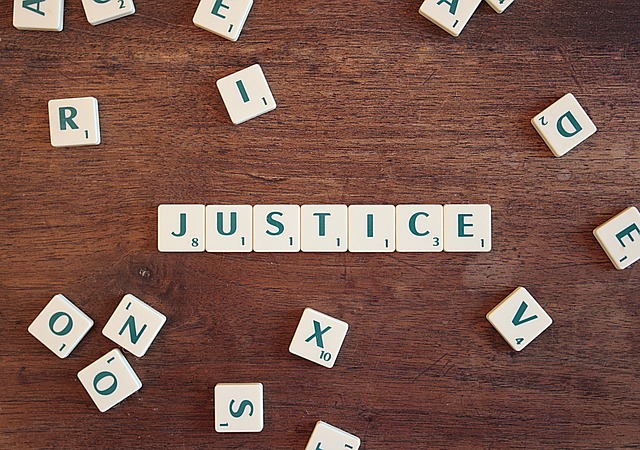How to Stand Up for Your Family When Medical Negligence Happens
Every year in the UK, millions of medical therapies are dispensed. The vast majority of these are routine, and performed to a high standard. However, a minority result in a poor outcome for the patient – and in a minority of those cases, the performance of the medical practitioner, or the healthcare provider more broadly, might amount to medical negligence.
If you believe that your family has been a victim of medical negligence, then it’s essential to take action. This is especially important when children, elderly relatives, or other vulnerable family members are involved. Ensuring they receive the right treatment and support is vital, and standing up for your family can also help prevent similar issues from happening to others.

So, what’s the best way to proceed?
Recognise the Signs of Medical Negligence
Medical negligence isn’t just about poor treatment—it must have directly caused harm. If you suspect negligence, it’s important to look for key signs, such as:
- Incorrect diagnoses leading to inappropriate treatment
- Medication errors
- Poor hygiene in hospitals or care facilities
- A lack of communication from healthcare providers
A healthcare professional’s actions will be assessed against the ‘Bolam’ principle, which means that they must be judged by what a responsible body of medical professionals would consider acceptable. Seeking an independent review can help determine whether care has fallen below this standard.
Document Everything
If a family member is a victim of medical negligence, keeping detailed records is crucial. This includes:
- Medical records and test results
- Correspondence with healthcare providers
- Dates of treatments and symptoms
- Notes on conversations with doctors or nurses
Having thorough documentation can strengthen any claim and ensure that concerns are taken seriously.
Seek a Second Opinion
If you’re unsure about a diagnosis or treatment plan, getting a second opinion can provide clarity. This is particularly important for young children or elderly relatives who may not be able to express their concerns effectively. If two medical opinions differ, it’s worth investigating further to ensure your loved one is receiving the best possible care
Communicate with Your Doctor
It can be challenging to question a doctor’s judgement, but speaking up is crucial. If you’re unhappy with the care your family member is receiving, don’t hesitate to ask for clarification or raise concerns. Be polite but firm, and remember that medical professionals have a duty to listen and act in your best interests.
Report the Incident
If direct communication doesn’t resolve the issue, filing a formal complaint may be necessary. The NHS provides a complaints process for public healthcare, while private providers should also have procedures in place. This can help highlight issues and ensure accountability.
Understand Your Legal Rights
If medical negligence has caused harm to a family member, you may be entitled to seek compensation. This can cover pain and suffering, as well as financial losses such as lost earnings or additional care costs. Consulting a solicitor who specialises in medical negligence can help you understand your options.
Finding Support
Dealing with medical negligence can be stressful for the whole family. Support groups and advocacy organisations exist to help families navigate these situations, offering advice, emotional support, and practical guidance. Connecting with others who have experienced similar issues can provide reassurance and strength during a difficult time.
Standing up for your family’s healthcare rights is crucial. By recognising the signs of medical negligence, gathering evidence, and taking appropriate action, you can help ensure your loved ones receive the care they deserve.
You May Also Like

Walking the Lake District: Top 5 walking routes
November 11, 2015
Visiting the Cutty Sark with Children
September 20, 2019
